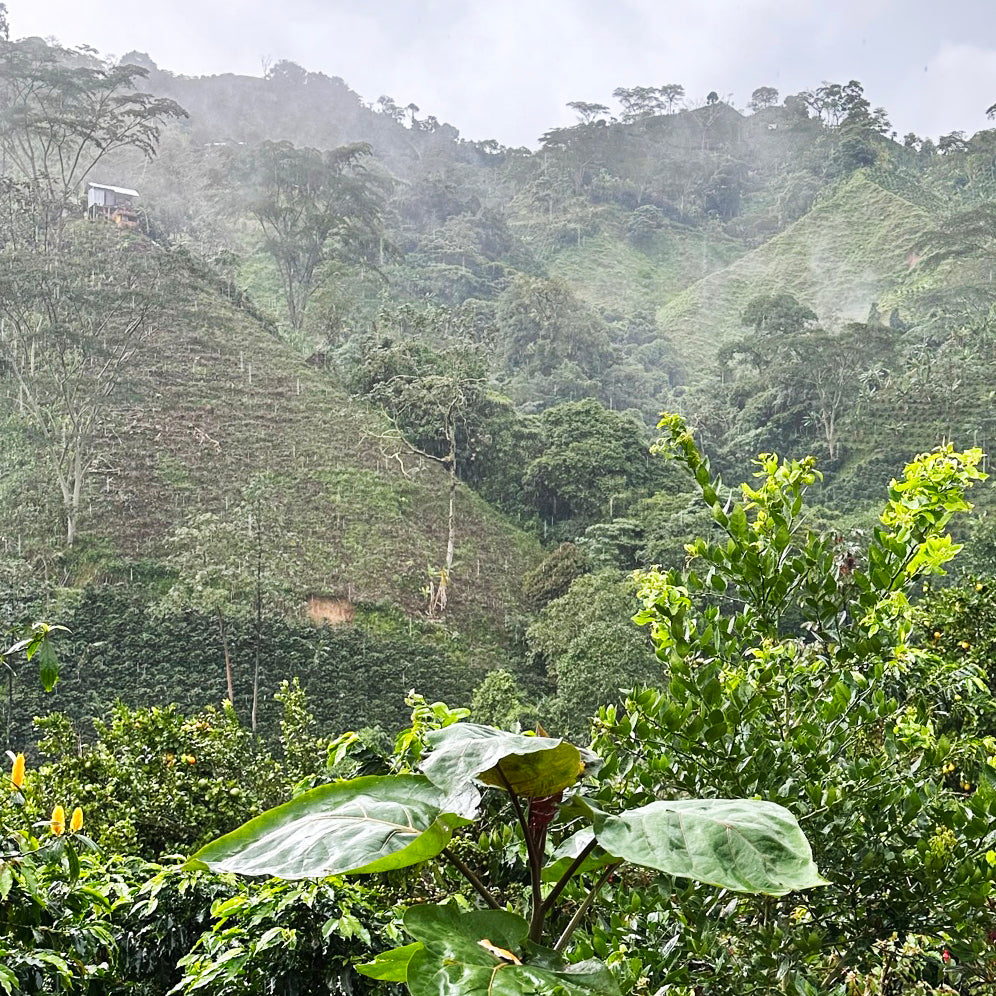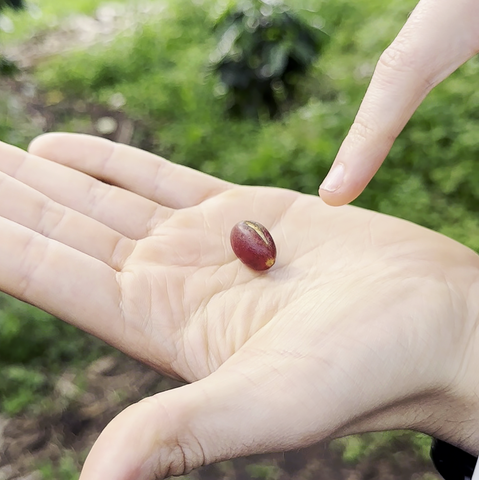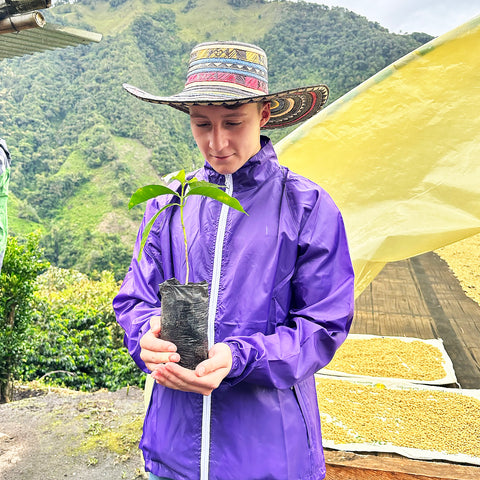Challenges of Climate Change in the Coffee Industry
- by Barbara Croce
-

In a world where over 2.25 billion cups of coffee are consumed every day, coffee isn't just a beverage; it's a global commodity that plays a significant role in the livelihoods of millions of people worldwide. However, the comforting aroma of your morning brew might soon be overshadowed by the bitter aftertaste of climate change. In this blog, we'll explore the effects of these environmental challenges on coffee production and farming, and what can be done to ensure the future of high-quality, sustainable coffee.
Coffee is predominantly grown in regions known as the "Coffee Belt," which encircles the equator and includes countries like Brazil, Colombia, Ethiopia, and many more. These regions have long been considered ideal for coffee cultivation due to their specific climate conditions, including cool nights and moderate temperatures.
However, global warming is disrupting these conditions in several ways:
1) Rising Temperatures
Coffee thrives in a relatively narrow temperature range; as temperatures increase, coffee plants are forced to grow at higher altitudes where the climate is cooler and this can negatively impact yields and altered flavor profiles in the following ways:
2) Erratic Rainfall Patterns
Changing weather patterns often result in unpredictable rainfall, including droughts and excessive rainfall, both of which are detrimental to coffee crops. Droughts can lead to wilting and decreased yields, while heavy rains can cause cherries to rot. This unpredictability makes it challenging for farmers to plan their harvests, leading to decreased productivity and economic instability for coffee-growing communities.
3) Increased Pests and Diseases
Warmer temperatures create more favorable conditions for coffee pests and diseases, such as coffee leaf rust, a devastating disease, that thrives in warm and humid environments. The spread of such diseases not only reduces crop yields but also necessitates the use of more pesticides, further harming the environment and the health of farmers.

Addressing the effects of climate change on coffee production requires a multi-faceted approach:
1) Sustainable Farming Practices
Coffee growers are increasingly adopting sustainable farming methods, such as shade-grown coffee and organic farming, to mitigate the impact of climate change. These practices help maintain soil health, conserve water, and provide habitats for wildlife.
2) Research and Development
Investment in research to develop coffee varieties that are more resilient to changing climates is crucial. Developing drought-resistant and disease-resistant coffee plants can help secure the future of coffee production.
3) Fair Trade and Ethical Sourcing
Supporting fair trade and ethical coffee sourcing practices ensures that coffee farmers receive fair compensation for their labor and encourages sustainable farming practices.
4) Consumer Awareness
Educating consumers about the impact of their coffee choices can promote sustainability. Encouraging the purchase of coffee from regions that prioritize environmental and social responsibility can make a significant difference.

Conclusion
The effects of global warming and climate change on coffee production and farming are undeniable. To preserve the unique flavors and livelihoods associated with coffee, it is essential that we take action now. As you savor your next cup of specialty coffee, remember the journey it undertook to reach your mug. By understanding the challenges faced by coffee farmers and actively participating in sustainable practices, we can ensure that future generations continue to enjoy the aromatic delight of freshly brewed coffee.




